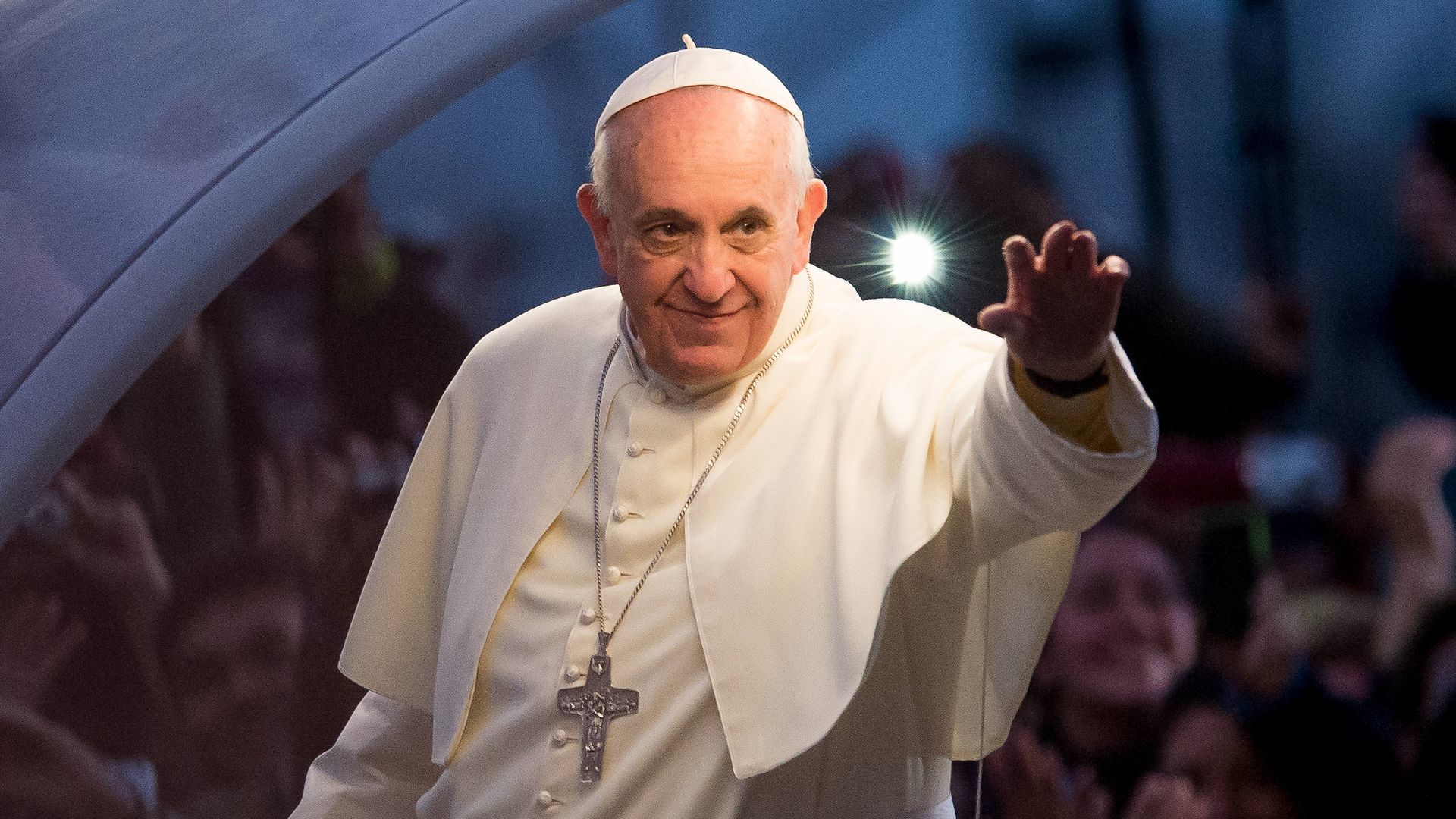After battling health issues, Pope Francis, Argentina’s first pontiff, died on April 21st. He was 88. In his final hours, the Supreme Pontiff delivered his last Easter Sunday blessing from the Vatican balcony and met privately with U.S. Vice President J.D. Vance.
His death kicked off one of the oldest and most revered traditions practiced by the Catholic Church: the selection of its next leader. This process is called a conclave and will be decided by the Church's cardinal electors. Here's what you should know:
How the process of choosing a new Pope works
Selecting a new Pope is a complicated process. While in theory any Catholic man can be chosen, in practice, this process is limited to the 253 cardinals from around the world. These candidates will gather in Rome and will begin their conclave this May 7th.
The secretive election process will be held in the Sistine Chapel and will occur through various rounds. There are certain limitations, like the fact that some candidates won't be able to be elected due to the fact that they're over the age of 80.
138 of the 253 cardinals are possible candidates. Here are some of the most notorious personalities:
The frontrunners
Cardinal Pietro Parolin, 70, Italy
Pietro Parolin serves as the Vatican's secretary of state and is the current favorite. He's served in the position for the past 11 years, developing a close relationship with Pope Francis. He'd be considered an extension of the Pope's legacy.
Cardinal Fridolin Ambongo Besungu, 65, Democratic Republic of the Congo
Fridolin Ambongo Besungu represents the Symposium of Episcopal Conferences of Africa and Madagascar. He's a more conservative voice in the Catholic Church, publicly opposing Pope Francis' Fiducia supplicans doctrine, which allowed priests to bless same-sex and unmarried couples.
Cardinal Luis Antonio Tagle, 67, Philippines
Luis Antonio Tagle is a similar voice to Pope Francis, criticizing the Church's stance on issues like its treatment of LGBTQ people and divorced and remarried Catholics. He serves various roles in the Vatican and is a prominent figure in the organization.
Cardinal Raymond Burke, 76, United States of America
Raymund Burke is one of the most prominent Americans on the list of possible Pope candidates. He's known for his conservative views and for being a proponent of hosting mass in Latin.
He's opposed various of Pope Francis' measures, including allowing divorced and remarried couples to receive the Eucharist.
Cardinal Peter Erdo, 72, Hungary
Erdo is the highest-ranking Catholic leader in Hungary, a country where an estimated 80 percent of the population is Christian.
Cardinal Robert Prevost, 69, United States of America
Prevost is another American whose name is in the running for the next Pope. He did much of his work as a missionary in Peru and is considered by many as an expert in Latin American issues.
What about a Latin American Pope?
Pope Francis broke tradition when he became the first Latin American to be elected as Pope. Native to Buenos Aires, Argentina, the election of a Latin American pope represented a shift in the Catholic Church and an accurate reflection of Catholicism in Latin America, which hosts roughly half of the world's Catholics, according to Time Magazine.
While there's no guarantee that a Latin American will follow in the late Pope's footsteps, there are various prominent contenders representing countries like Mexico, Cuba, Chile, and more. These include: the Archbishop of Guadalajara, Francisco Robles Ortega, 76, the Archbishop of San Cristobal de la Havana, Juan de la Caridad Garcia Rodriguez, 76, the Archbishop of Managua, Leopoldo Brenes, 76, the Archbishop of Bogota, Luis Jose Rueda Aparicio, 63, and more.
